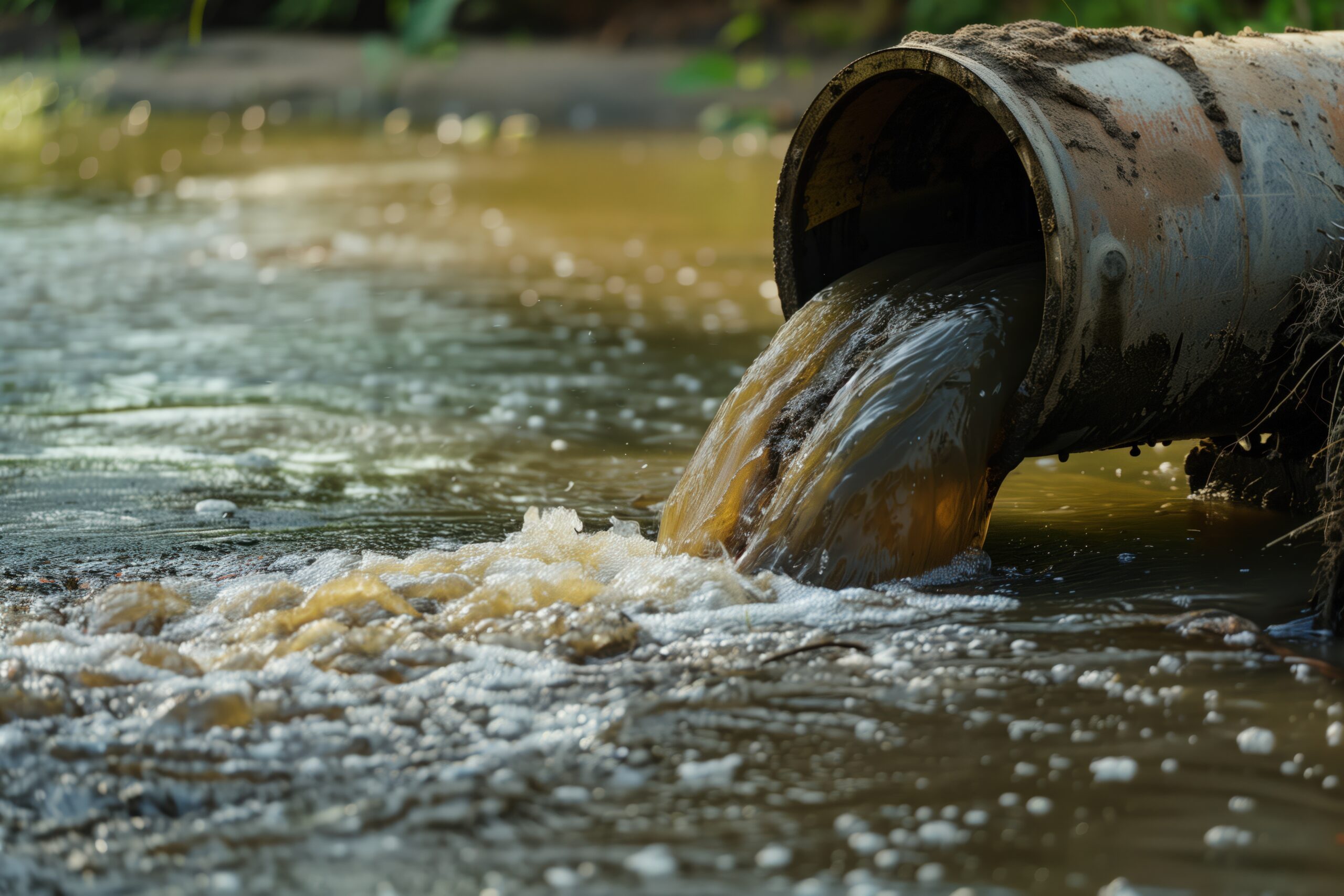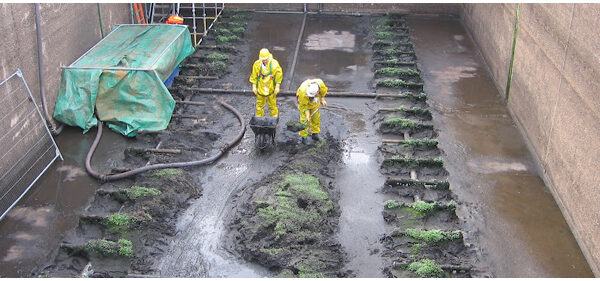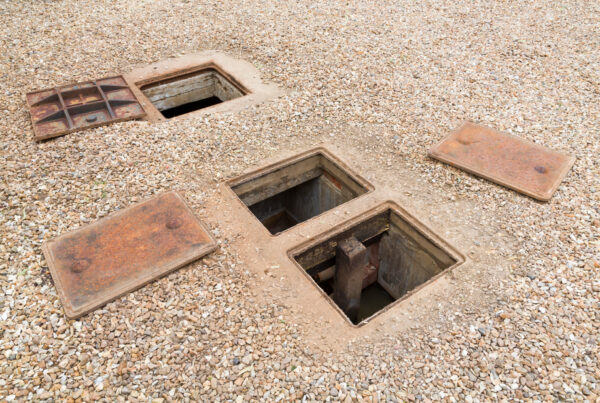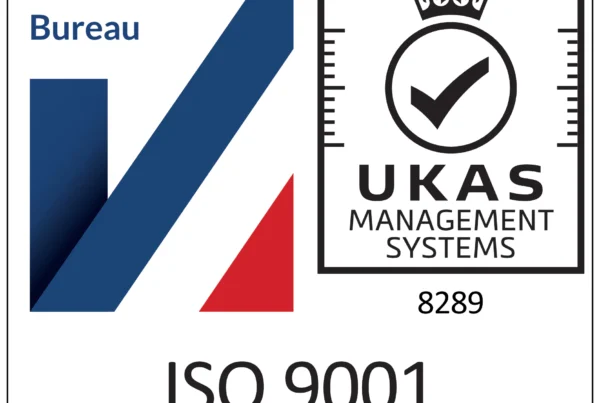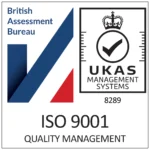What is Liquid Waste Management and Why is it Beneficial?
Liquid waste management, particularly wastewater treatment, is essential for maintaining a clean and sustainable environment. Through efficient practices and techniques, harmful contaminants can be removed from liquid waste, minimising the impact on natural water sources and safeguarding public health. Furthermore, proper liquid waste management contributes to environmental sustainability by conserving water resources and reducing the strain on municipal supplies. By prioritising the implementation of effective liquid waste management systems, we can ensure a healthier future for both humans and the planet.
Exploring Different Types of Liquid Waste Management Systems
Liquid waste management systems are designed to handle and treat various types of liquid waste, ensuring proper disposal and minimising environmental impact. Here are some different types of liquid waste management systems:
1. Septic Tanks:
Septic tanks are commonly used for residential and small-scale waste management. They collect and treat wastewater from individual properties. The tanks separate solids from liquids, allowing bacteria to break down organic matter. The treated effluent is then discharged into a drain field or leach field.
2. Cesspools:
Cesspools are similar to septic tanks but do not include the treatment process. They serve as underground holding tanks for liquid waste, allowing solids to settle at the bottom and liquids to leach into the surrounding soil. Cesspools are less common nowadays due to their limited treatment capabilities and potential for groundwater contamination.
3. Wastewater Treatment Plants:
Wastewater treatment plants (WWTPs) are large-scale facilities that receive and treat liquid waste from residential, commercial, and industrial sources. These plants employ various treatment processes, including physical, chemical, and biological methods, to remove contaminants from the wastewater before it is safely discharged or reused.
4. Anaerobic Digesters:
Anaerobic digesters are specialised systems that use bacteria to break down organic waste in the absence of oxygen. This process produces biogas (methane and carbon dioxide) and a nutrient-rich byproduct called digestate. Biogas can be used for energy generation, while the digestate can be further processed or used as a fertiliser.
5. Industrial Effluent Treatment Systems:
Industries often generate specific types of liquid waste, known as industrial effluent. These waste streams may contain hazardous substances or pollutants that require specialised treatment. Industrial effluent treatment systems are designed to remove or neutralise these contaminants, ensuring compliance with environmental regulations.
6. Oil/Water Separators:
Oil/water separators are primarily used to treat liquid waste containing oil and grease, such as those generated by automotive maintenance facilities, parking lots, or industrial processes. These systems separate oil from the water, allowing for proper disposal or recycling of the oil and reducing the impact on water bodies.
7. Chemical Treatment Systems:
Chemical treatment systems involve the use of chemicals or additives to facilitate the treatment and removal of contaminants from liquid waste. These systems may be employed in conjunction with other treatment methods to enhance their effectiveness and achieve specific treatment goals.
The Impact of Proper Liquid Waste Disposal on Our Environment
In our modern world, the environmental impact of liquid waste disposal cannot be understated. Improper management of liquid waste poses a significant threat to our ecosystem, particularly through water pollution. Chemicals, toxins, and contaminants seeping into water bodies can disrupt delicate ecosystems, harm aquatic life, and compromise human health. However, by adopting proper liquid waste disposal practices, we can mitigate these risks. Implementing efficient treatment processes, investing in advanced technologies, and raising awareness about responsible waste management can help us preserve our precious water resources and safeguard the environment for future generations. Let’s join hands in making a positive change for a cleaner, healthier planet.
How to Incorporate Sustainable and Practical Liquid Waste Management Strategies at Home
Incorporating sustainable and practical liquid waste management strategies at home is essential for environmental stewardship. Here are some simple steps you can take to manage liquid waste responsibly. Firstly, conserve water by fixing leaks, using water-efficient fixtures, and practicing mindful water usage. This reduces the volume of wastewater generated. Secondly, consider installing a rainwater harvesting system to collect and reuse rainwater for tasks like watering plants or flushing toilets. Additionally, use environmentally friendly cleaning products that are less harmful when disposed of. Properly dispose of household chemicals and medications by following local guidelines or participating in designated collection programs. Lastly, maintain your septic system regularly to ensure efficient and safe waste treatment. By incorporating these sustainable practices, you can contribute to a healthier environment and promote responsible liquid waste management at home.
Conclusion
Liquid waste management plays a crucial role in safeguarding our environment and promoting sustainability. By properly managing and treating liquid waste, we can prevent the contamination of water bodies, preserve ecosystem balance, and protect human health. The benefits of implementing effective liquid waste management systems are far-reaching, ranging from reducing pollution and minimising resource depletion to promoting a cleaner and healthier environment for future generations. Embracing sustainable practices in liquid waste management not only helps us meet regulatory requirements but also contributes to the overall well-being of our planet. Let’s prioritise responsible liquid waste management for a greener and more sustainable future.

